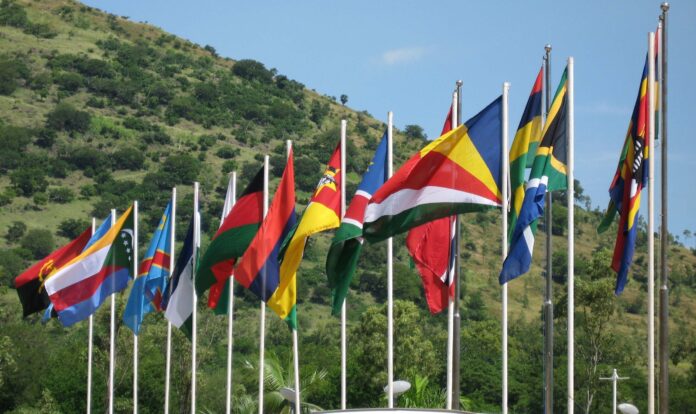Preliminary findings of the upcoming 2019 African Regional Integration Index (ARII) indicate that Southern African Development Community (SADC) is the most integrated on the African continent in terms of trade.
The preliminary findings were discussed at the Ministerial Segment of the United Nations Economic Commission for Africa’s (ECA) flagship Conference of Ministers in Morocco last Sunday.
The findings also highlight the reality that integration on the continent remains relatively low. This is because, since 2013, intra-regional trade in SADC has only been averaging 20%.
Although the SADC Secretariat considers this to be a relatively good achievement compared to the pre-free trade area era of around 16%, intra-trade on the continent is currently only averaging between 15% and 18%.
“This indicates that regional integration in Africa remains low. It is up to Africans themselves to ensure that the initiative benefits them through hard work and efficient implementation of the mechanisms of the CFTA,” says David Luke, Co-ordinator of the African Trade Policy Centre, Regional Integration and Trade Division at the Economic Commission of Africa (ECA).
The information also indicates that, in terms of trade, South Africa is the most integrated country on the continent.
Five areas were analysed – trade integration, regional infrastructure, and productive integration, free movement of people and macroeconomic integration.
South Africa topped the ranking; with South Sudan ranked the least integrated mainly because of its modest performance in regional infrastructure and financial integration.
While, integration in services, contributed more than 53% of the continent’s GDP, but ratification of the protocol on the free movement of people has been slow, despite the 2016 launch of the common electronic biometric African passport, and the African Union protocol on free movement of persons. The continent’s large infrastructure deficit remains a major hindrance to intra-regional trade.
Speaking at the conference, African Development Bank’s country manager and resident representative in Morocco, Leila Mokadem, said despite the tremendous political support for the African continental trade free area, there are still major challenges ahead in terms of implementation and pushing the agenda forward to meet the goal of increasing intra-African trade to 25% by 2023 from between 15% and 18% currently.
“Weak productive capacity in Africa, high production costs, large infrastructure deficits and other challenges that affected Africa’s competitiveness.
“This is compounded by the number of small markets and 16 landlocked countries. We cannot gloss over the challenges, but it is important to underscore the fact that it cannot be business as usual if Africa is to progress,” she said.
The final ARII and the accompanying Assessing Regional Integration in Africa IX Report will be released later in the year.
Source
https://southerntimesafrica.com/site/news/southern-africa-leads-trade-integration-in-africa




